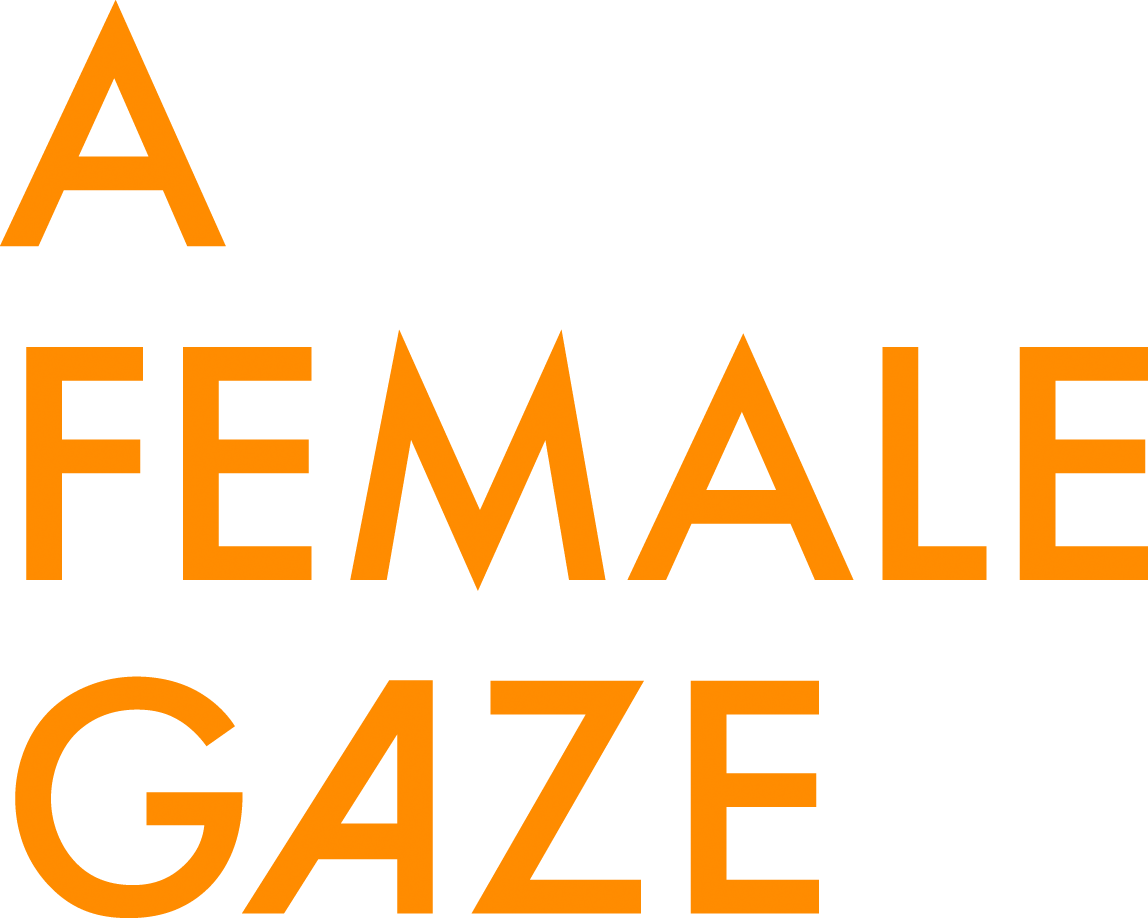«Daddy´s home and he’s taking his belt off», 2025
The title is drawn from a quote by Mel Gibson in February 2025, made in connection with President Trump’s visit to Los Angeles after wildfires had destroyed entire neighborhoods. Gibson remarked: “I’m glad Trump’s here at the moment, you know, it’s like daddy arrived and he’s taking his belt off, you know. So I think he will get some results here quickly.”
In Powers of Horror (1980), Julia Kristeva describes the abject as that which unsettles and destabilizes identity, provoking both disgust and fascination. Gibson’s statement embodies the abject by recasting paternal violence and abuse—acts that for many are bound to humiliation and fear—as a positive expression of authority and decisiveness. The abject emerges here in the dissonance between the normalized image of “discipline” constructed through language and the lived reality of trauma. In this way, the statement becomes a demonstration of power: an assertion of how language can be used to rewrite violence and define the reality of others.
Violence and abuse leave lasting traces—whether on the body, in the psyche, or in the landscape. These traces are what I seek to render visible in my photographs of trees that have grown through fences. Some trees have withered, most struggle for survival, and a few manage to flourish despite the damage. What unites them is not only the marks left upon them, but the fact that they have had to devise their own ways of continuing to live with what has been done to them.
Through this metaphor, the work seeks to reflect on how violence and abuse inscribes itself materially and symbolically, and on how life—fragile yet insistent—finds unforeseen forms of persistence in the aftermath of harm.





